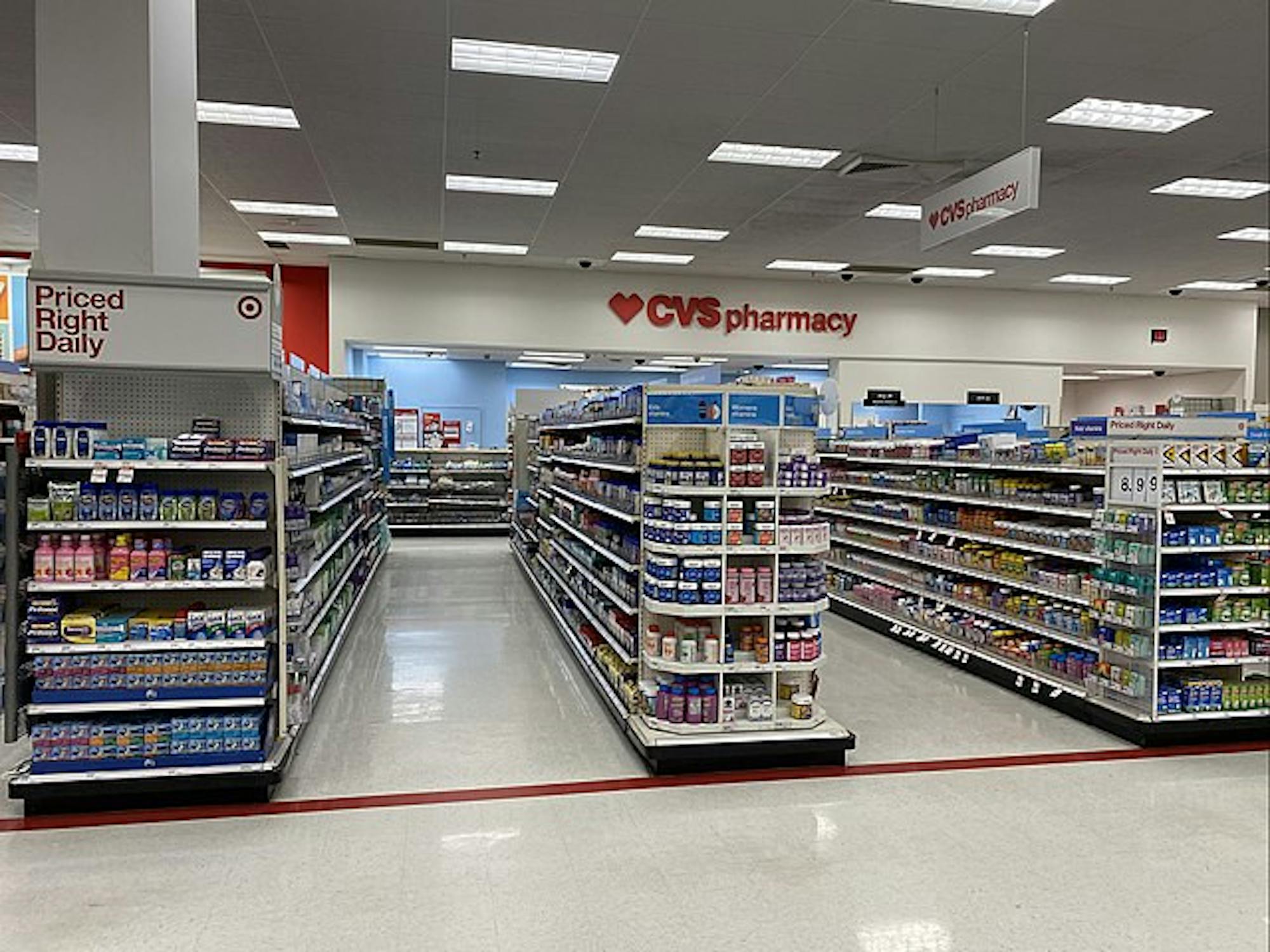The U.S. Food and Drug Administration approved Narcan for over-the-counter sale on March 29. Narcan, which is also known by its generic name, naloxone, is a fast-acting nasal spray medication produced by Emergent BioSolutions that reverses opioid overdoses. The decision comes two weeks after the Nonprescription Drugs Advisory Committee and Anesthetic and Analgesic Drug Products Advisory Committee unanimously voted in favor of allowing the nasal spray to be sold over the counter.
Intranasal spray is the most common way to administer Naloxone, which has been in circulation since 1971. In 2021, more than 106,000 individuals in the U.S. died of drug-related overdoses, and 80,411 of those overdose deaths were tied to opioid use according to data from the National Institute on Drug Abuse. Emergent BioSolutions anticipates that Narcan will reach stores by the end of the summer, although the company did not release how much the nasal spray is expected to cost. Prescription Narcan costs about $150 for a kit with two doses.
Nearly all states and the District of Columbia have already taken steps to increase the availability of Narcan with effective measures like standing prescriptions that allow pharmacists to distribute the life-saving antidote without initially consulting a provider. Many states also provide access to Narcan through local health departments and community centers. These efforts demonstrate the importance of easy access to Narcan, which is impeded by limited supply at many of these centers and stigma around opioid use. Allowing Narcan to be sold over the counter could open up a variety of new venues for distribution “including vending machines, convenience stores, supermarkets and big-box stores” Jody Green, a representative at the FDA’s nonprescription drug department, told CNBC.
However, there are a variety of concerns regarding the distribution of the 4 milligram nasal spray. One of the panel’s chief concerns was the set of instructions for administration on the drug’s label, raising the important question of how easy the spray is to administer. Officials from Emergent BioSolutions proposed a new label with clear instructions on how to properly administer Narcan in addition to appropriate steps to take after administering the medication. Public commentary raised additional issues involving the drug’s potentially high pricing and coverage by insurance companies.
Jessica Husley, executive director of the Addiction Policy Forum, told The New York Times that providing Narcan over the counter must not interfere with its free distribution to high-risk populations and those who already use drugs. Indeed, migrating Narcan to the shelves is unlikely to result in an immediate remedy to the existing stigma associated with its use. Hulsey and other specialists advocated for the importance of normalizing the medication as it becomes more widely available and accessible.
The medication’s transition to over-the-counter access will erase the need for a provider’s authorization, but it does not guarantee access until the cost barrier is addressed. In this case, FDA approval will only be a step forward in addressing the opioid crisis for those who can afford the medication.






